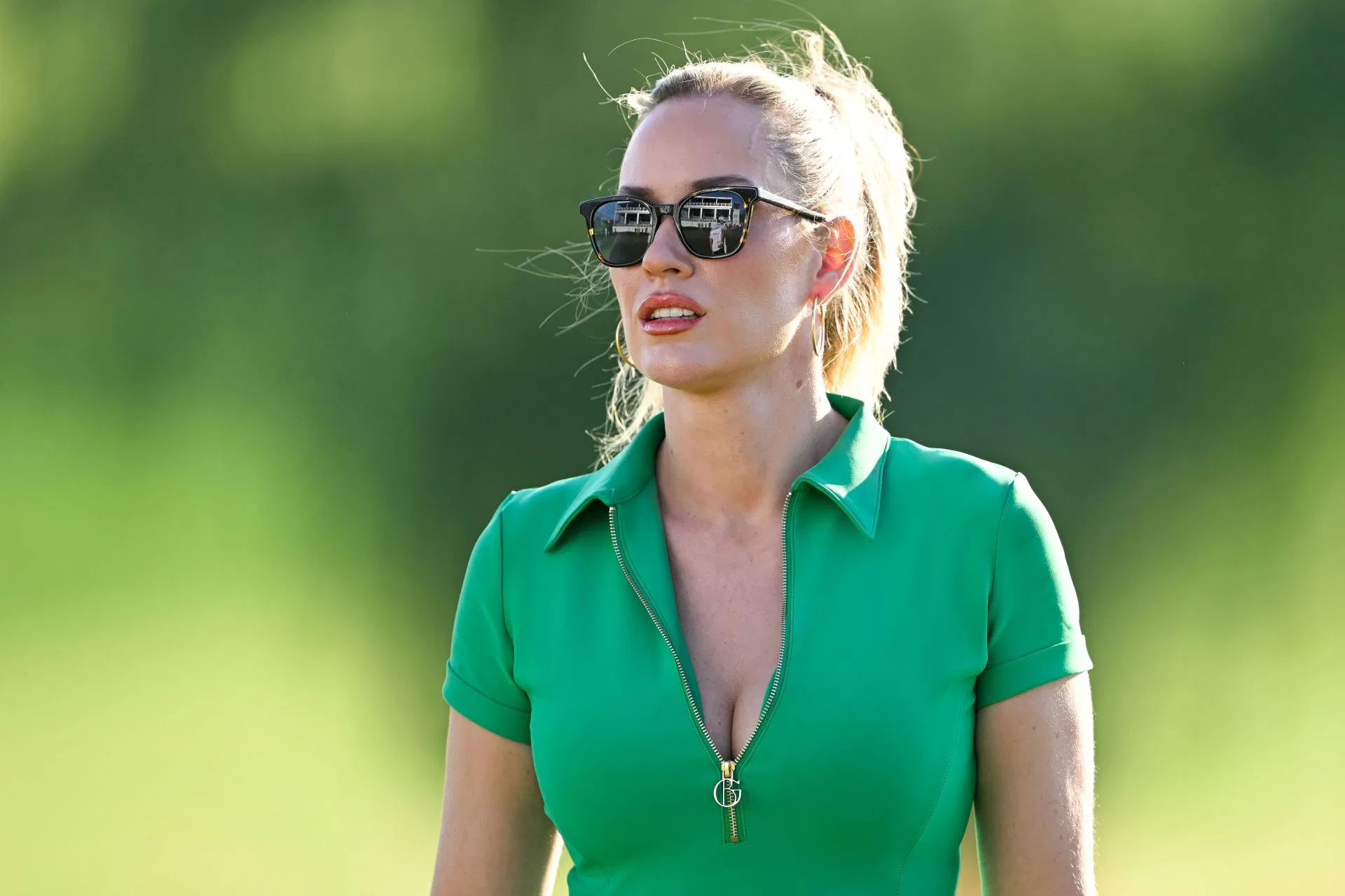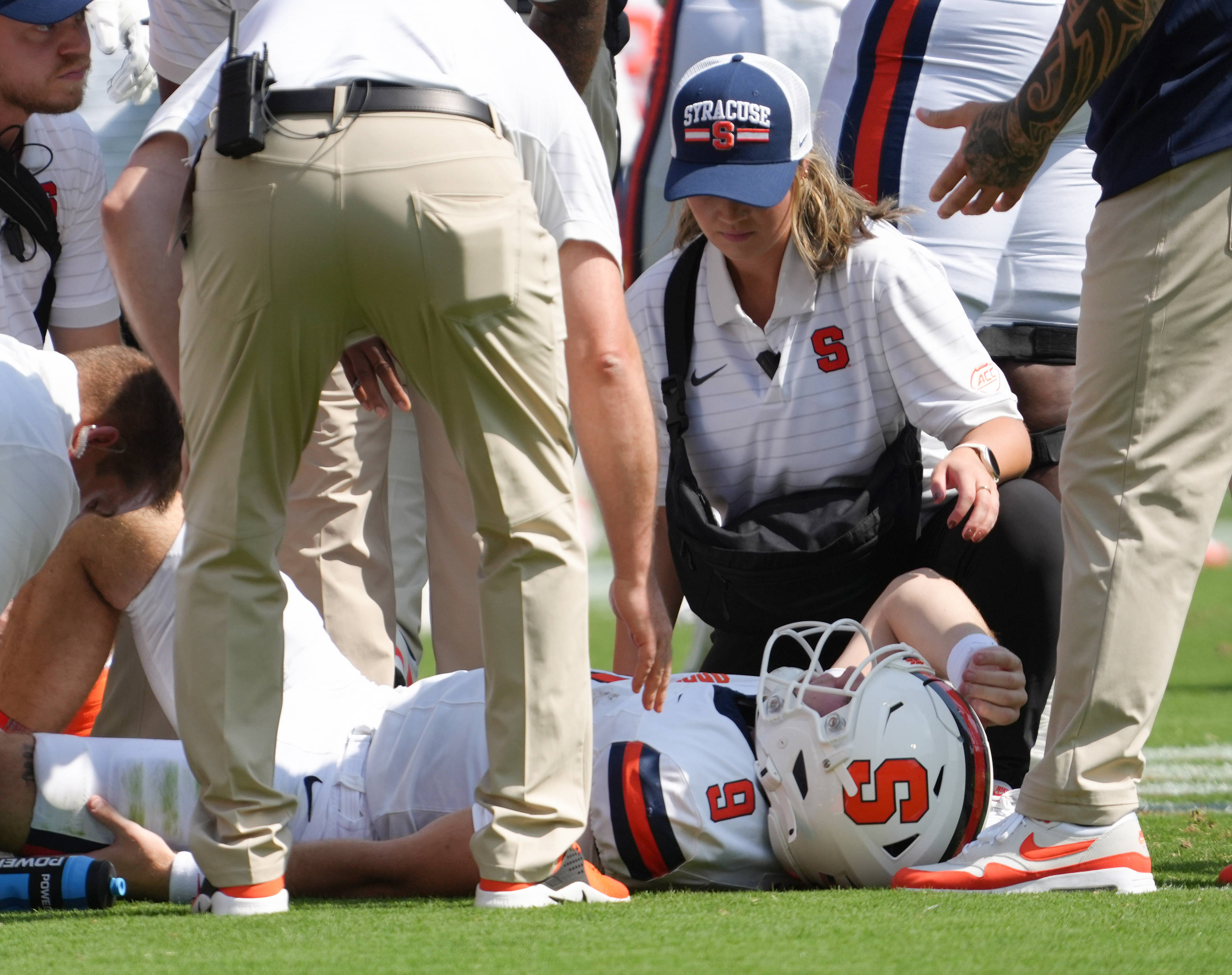
I remember years ago watching the “30 For 30” documentary on the Fab Five, where the players recounted not having any money, even as they became one of the most popular, nationally ranked teams in college basketball. At that time, a college athlete’s “payment” came in the form of free gear and cafeteria swipes, which wasn’t especially helpful from those who came from low income communities, and could barely afford to survive on those college campuses.
It’s safe to say, college sports has changed dramatically since NIL deals became legal. And for that, we should all be thankful (because if these schools are going to make millions of dollars on the backs of these players, why can’t they?).
But as they say “more money, more problems.” Because most of these athletes have never had to think about things like tax brackets, investment accounts, or what to do when a sponsorship check hits their account. They’re still figuring out their majors, and now they’re expected to act like financial pros. That reality is what caught the attention of Robinhood Markets, which is expanding its Money Drills financial education program this fall to reach even more students. Four new universities — the University of Delaware, the University of North Carolina at Chapel Hill, Pennsylvania State University, and Stanford University — will begin offering the courses on campus.
“We are thrilled to welcome these schools into the Money Drills program and proud to help more students access the skills they’ll need to thrive as they grow into successful athletes and financially savvy adults,” said Chloe Barz, Senior Director of International Government and External Affairs at Robinhood Markets, Inc.
“With Robinhood’s support and professors’ expertise, we’re able to reach students exactly where they are, providing them with relevant and meaningful financial tools.”
National studies show college students across the board struggle with basic financial challenges like building emergency savings and managing credit card debt. Now add NIL income into the mix, and many student athletes are making financial decisions they’ve never been prepared for. These schools will join 11 others that already have Money Drills courses, which means thousands more students will have access to practical financial education that actually counts toward their degree requirements.
That’s where Money Drills comes in. The program offers credit-earning courses taught by professors and covers everything from budgeting and saving to more advanced topics like investing and managing NIL income. It was designed for student athletes, but anyone on campus can enroll.
The program has been running for over two years now, and approximately 96% of students who’ve taken the courses say their ability to manage personal finances improved. When surveyed, most students want to learn about taxes, investing, and debt management, which are exactly the areas Money Drills focuses on.
The company also announced a multi-year partnership with Stanford’s Athletics Department, making Stanford the first college team in Robinhood’s athletic sponsorship lineup. Robinhood already partners with several professional teams, including the Washington Wizards, Miami HEAT, and Memphis Grizzlies.
The program is also branching out beyond college campuses through a partnership with the Pro Athlete Community (PAC). Professional athletes in that network can take educational courses focused on personal finance and business development. Some of these courses even offer executive education credentials through the University of Miami.
For student athletes dealing with NIL money for the first time, having access to this kind of education could make a real difference. The business side of college sports is changing faster than ever, and programs like Money Drills give students a chance to build real financial skills before they sign their next deal — or their first paycheck.



